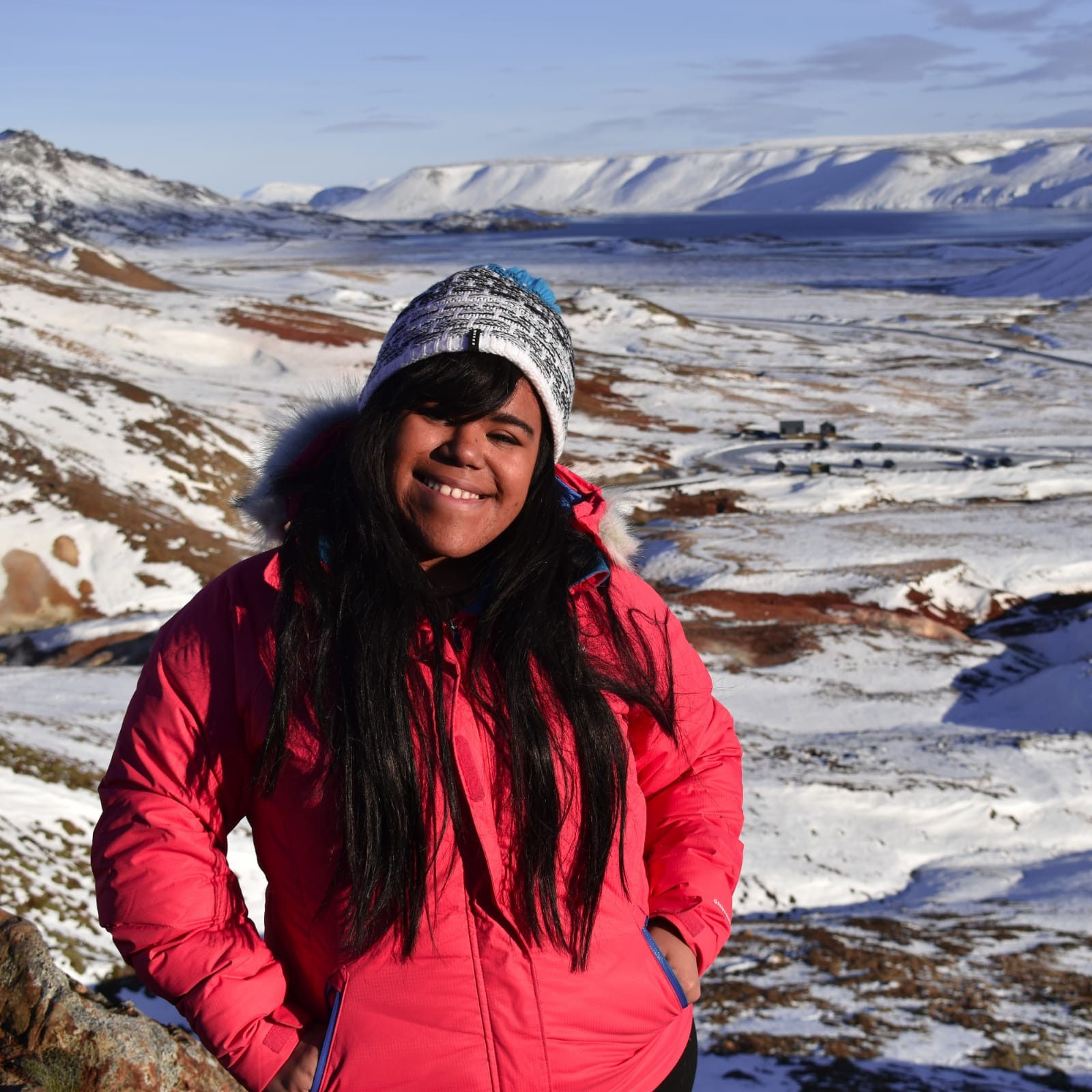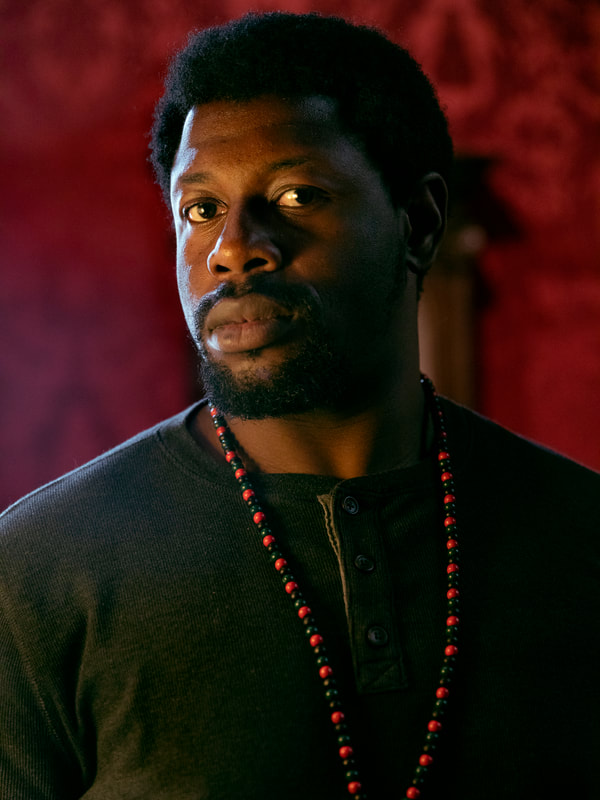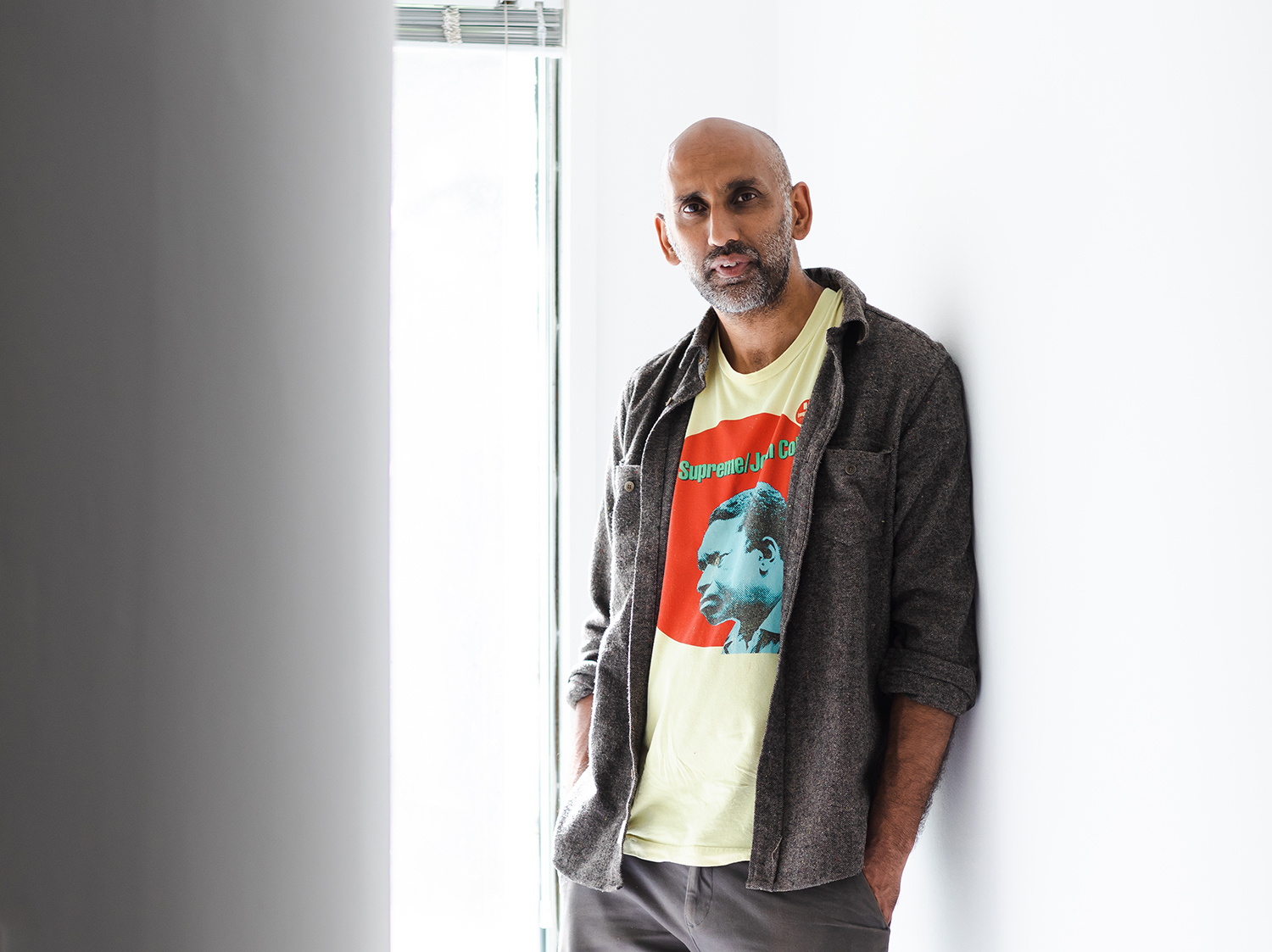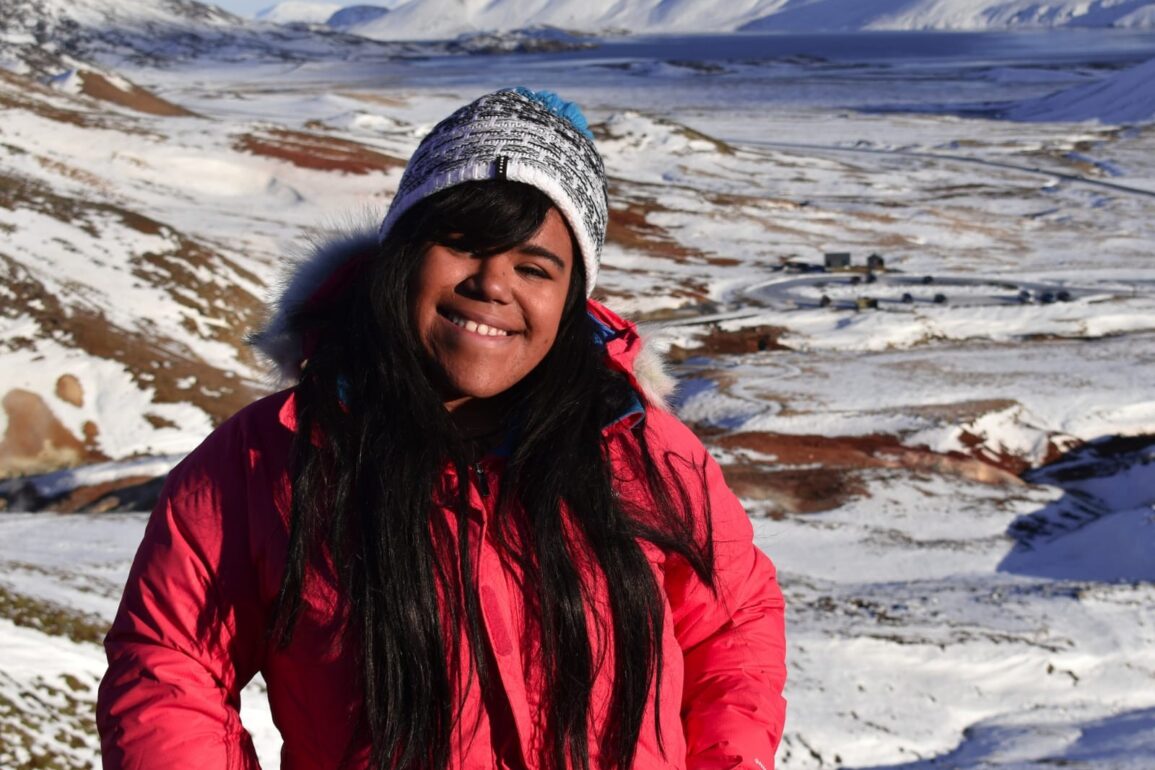The third workshop of the Ways of Repair : Loss and Damage Public Program will be held on the 04 of October 2024 at 13:00 GMT. Image credit: Ways of Repair : Loss and Damage
04th of October, 2024, 13:00 – 14:30 UTC | 14:00 -15:30 GMT+1 | 09:00 – 10:30 EST
Sign up for the webinar here.
The third workshop of the Ways of Repair : Loss and Damage Public Program will explore how repair, reparation and remedy can be understood and implemented in the context of loss and damage from climate change.
Structured around a dialogue between climate scientist and climate activist Isatis M. Cintron-Rodriguez of Columbia University and the Ace Observatory, philosopher and Associate Professor of Philosophy at Georgetown University, Olúfẹ́mi O. Táíwò, who is the author of Elite Capture and Reconsidering Reparations, and Ashish Ghadiali, the Founder/Director of Radical Ecology, co-chair of of the Black Atlantic Innovation Network and Co-Principal Investigator of Addressing the New Denialism, the workshop will consider: the limitations that stop Loss and Damage Policy under the United Nations Framework Convention on Climate Change from being able to deliver reparations, why we need to reconsider reparations as a global future-oriented project that will address the climate crisis, and the role that artists and critical thinkers can play in climate repair, reparation and remedy.

Isatis M. Cintron-Rodriguez is a Puertorrican climate scientist studying the chemistry, transport and impacts of air pollutants on the cryosphere and Small Island Developing States. She has a long track record of community organizing and capacity building in Latin America and Caribbean (LAC) Region focusing on climate governance and ethics to expand the civic space at the UNFCCC and national levels. She works at the intersection of science, governance and civic diplomacy building bridges between citizens, policymakers and scientists. She has won the National Science Foundation Graduate Fellow Award and her work has been supported by the Union of Concerned Scientists to make citizens’ assemblies to build a community-led NDC for Puerto Rico, a blueprint that has served to coordinate and deploy citizens assemblies globally for broadening spaces for civic engagement at the local and international levels.

Olúfẹ́mi O. Táíwò is Associate Professor of Philosophy at Georgetown University. He received his Ph.D. in philosophy at the University of California Los Angeles. He has published in academic journals ranging from Public Affairs Quarterly, One Earth, Philosophical Papers, and the American Philosophical Association newsletter Philosophy and the Black Experience.
Táíwò’s theoretical work draws liberally from the Black radical tradition, anti-colonial thought, German transcendental philosophy, contemporary philosophy of language, contemporary social science, and histories of activism and activist thinkers.
His public philosophy, including articles exploring intersections of climate justice and colonialism, has been featured in The New Yorker, The Nation, Boston Review, Dissent, The Appeal, Slate, Al Jazeera, The New Republic, Aeon, and Foreign Policy.
He is the author of Elite Capture and Reconsidering Reparations.

Ashish Ghadiali is Radical Ecology’s Founder/Director. He is Co-Chair (with Professor Paul Gilroy) of the Black Atlantic Innovation Network and Co-Principal Investigator (with Professor Tim Lenton) of Addressing the New Denialism, a programme of research and public engagement backed by the Open Society Foundations that culminated in the influential 2023 paper, Quantifying the Human Cost of Global Warming (of which he is also co-author) for the journal Nature Sustainability. Ashish is a regular contributor to The Guardian and The Observer and a practising filmmaker with recent credits including the video installation, Invasion Ecology (2024), the immersive film installation, Planetary Imagination (2023) for The Box and the feature documentary The Confession (2016) for the British Film Institute and BBC Storyville.
Ways of Repair : Loss and Damage is an online artistic research residency, a series of public events, and a set of commissioned texts, aimed at facilitating a transdisciplinary exchange around the issue of loss and damage caused by the climate crisis.
The Ways of Repair : Loss and Damage program is part of the Loss and Damage Collaboration’s Art and Culture program and is supported by the Open Society Foundations.



